Head into almost any gaming forum, and you’ll find passionate discussions raging: Is PC gaming better than console gaming?
Both platforms have evolved incredibly over the years, each carving out its own niche and catering to different types of gamers. There's no single "right" answer for everyone, as what's "best" often comes down to individual priorities.
Let’s break down the key differences that might sway your decision when looking at PC vs console.
PC vs Console: Which is Better for Gaming?
1. Cost Considerations
The initial investment for a gaming PC can be significantly higher than that of a console. You could pick up a PlayStation 5 or Xbox Series X for a few hundred or thousand SGD, while a decent gaming PC starts higher and can easily run into thousands, depending on the brand.
However, when you look at ongoing costs, you'll realise that one of the advantages of PC gaming is that games often go on deeper and more frequent sales, and many online multiplayer experiences are free (unlike console subscriptions like Xbox Live or PlayStation Plus). So, while the upfront cost of PC gaming might seem steep, long-term game savings can sometimes balance it out.
2. Customisation Options
This is where PC gaming truly shines.
PCs offer almost limitless customisation for hardware, from choosing every single component to personalising cooling systems and RGB lighting. You can tweak software settings, use mods for games, and even change operating systems.
Consoles, on the other hand, are a much more fixed environment. What you buy is largely what you get, with limited options for hardware changes or deep software customisation. If you love to tinker and make things uniquely yours, PC wins, hands down.
3. Ease of Upgrading
This area is where the differences between PCs and consoles stand out.
PCs offer incremental improvements, while consoles require you to upgrade your entire setup.
Want better graphics or faster load times a few years down the line? On a PC, you can often just swap out components like your graphics card, add more RAM, or get a bigger SSD. This means your system can evolve with technology and extend its lifespan.
Consoles, by contrast, have fixed hardware and rely on software updates. Sure, you can wait a few years before you upgrade your unit so you can make the most out of your investment. But if you're an avid gamer, it's only going to be a matter of time before you're itching to buy a whole new console to get the latest tech.
4. Technical Skills Requirement
The need for tech skills is often the point that scares people away from PC gaming. Setting up a PC, installing drivers, troubleshooting compatibility issues, and managing game launchers can require a bit more technical know-how. Consoles are designed for plug-and-play convenience—you literally plug them in, update, and you’re ready to go. If you prefer a simpler, more hands-off approach to gaming, consoles offer unbeatable ease of use.
5. Social Gaming Experiences
Both platforms offer robust online multiplayer, but the social landscapes differ. Console gaming often revolves around proprietary networks like Xbox Live and PlayStation Network, which provide integrated voice chat and party systems. PC gaming has a more fragmented but equally vibrant social scene, relying on platforms like Steam, Discord, and in-game friend lists. Both support strong communities, but the console experience can feel a bit more integrated out of the box, while PC offers more flexibility.
6. Graphics and Visual Performance
This is a big one for many gamers.
High-end PCs generally offer the potential for superior graphical fidelity, higher frame rates, and higher resolutions (like 4K or even 8K) compared to the latest consoles. While new consoles are incredibly powerful, a top-tier PC can push visuals further, delivering incredibly crisp images and buttery-smooth gameplay. This extra visual punch can really impact the immersion for those who prioritise high-definition graphics.
7. Overall Performance
Beyond just graphics, consider other performance aspects. PCs often boast faster game load times, especially with modern SSDs. Online connectivity can vary widely based on your internet setup, but PCs generally offer more control over network settings. Both platforms handle updates and patches, but PC users have more flexibility in choosing when and how these are applied. Generally, a well-optimised PC offers a snappier overall experience.
8. Gaming Peripherals
When it comes to inputs, PC gaming offers enormous variety. You can use flight sticks, racing wheels, specialised controllers, custom gaming keyboards, and a massive range of wireless gaming mouse options in Singapore. This vast ecosystem lets you tailor your input devices exactly to your preferences and the game you're playing.
Console peripherals are typically proprietary and more limited, though many consoles now support a range of third-party controllers and some basic keyboard/mouse functions for specific games.
The Verdict: Is a PC Better for Gaming Than a Console?
So, what is better: PC or console? It boils down to what matters most to you.
If you prioritise raw power, customisation, the ability to upgrade, and a vast array of peripheral choices, then PC gaming likely has everything you're looking for. If you value simplicity, plug-and-play convenience, exclusive console titles, and a lower initial cost, then a console might be your ideal choice.
Both platforms offer incredible gaming experiences. Your personal preferences, budget, and willingness to tinker will ultimately determine the best option for your gaming journey.

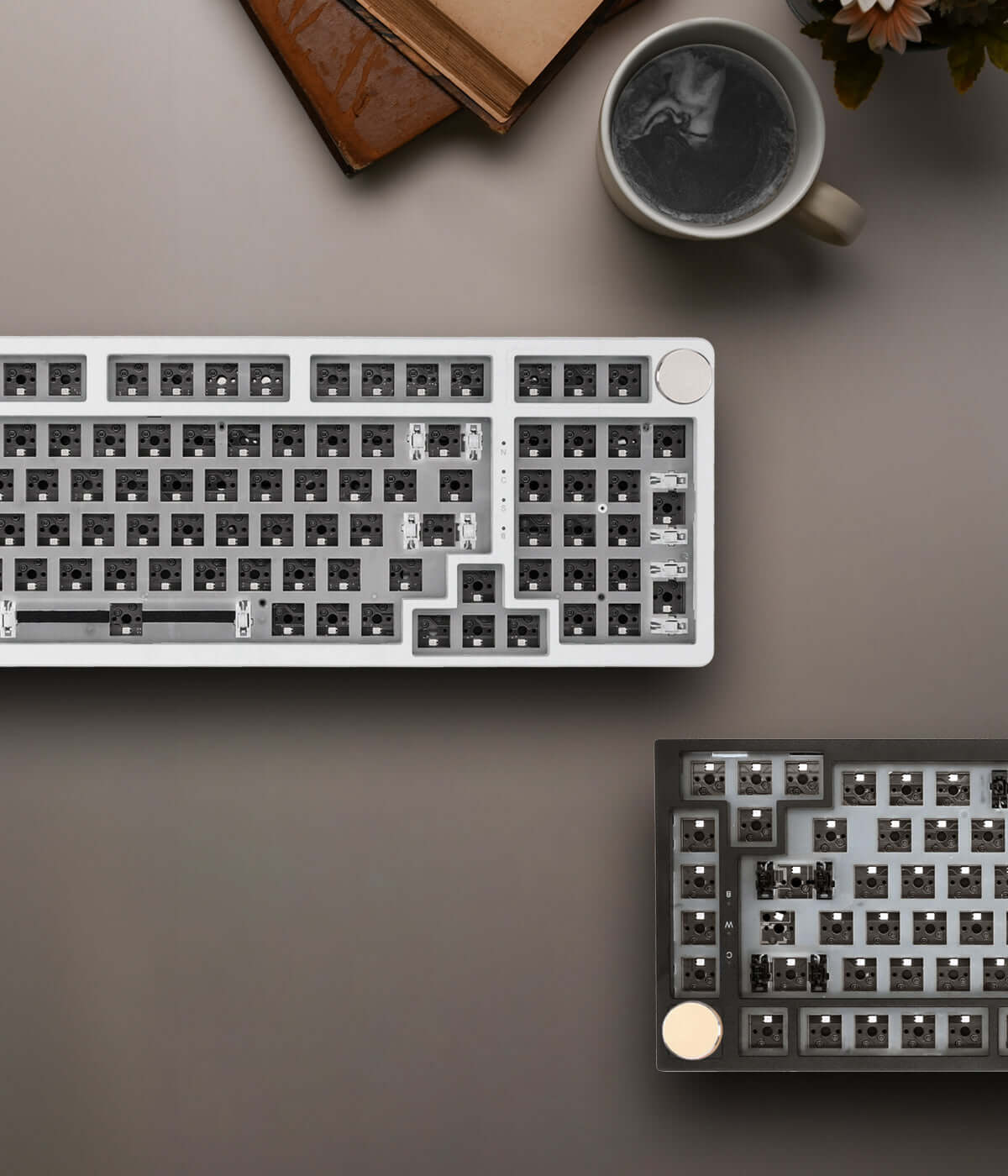
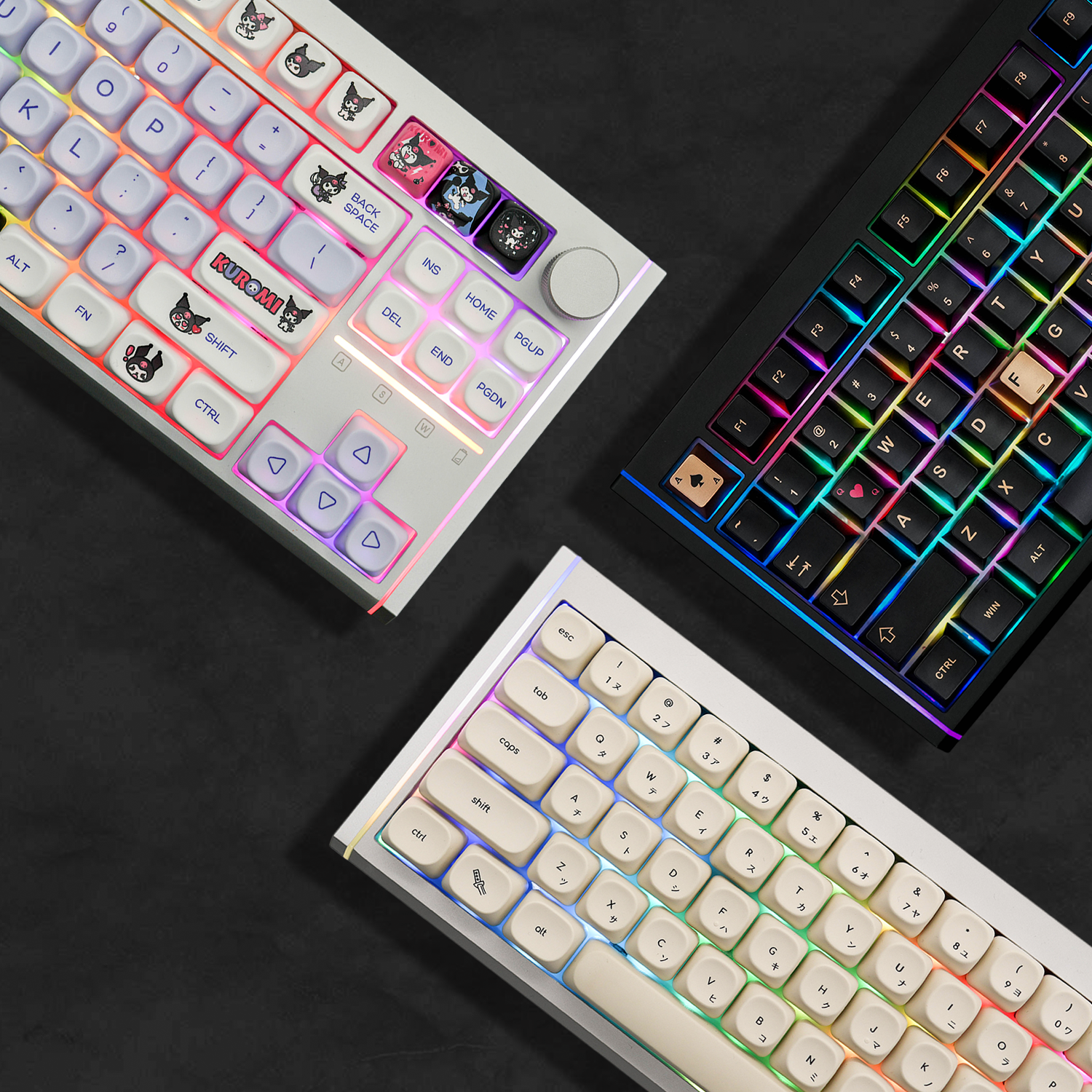
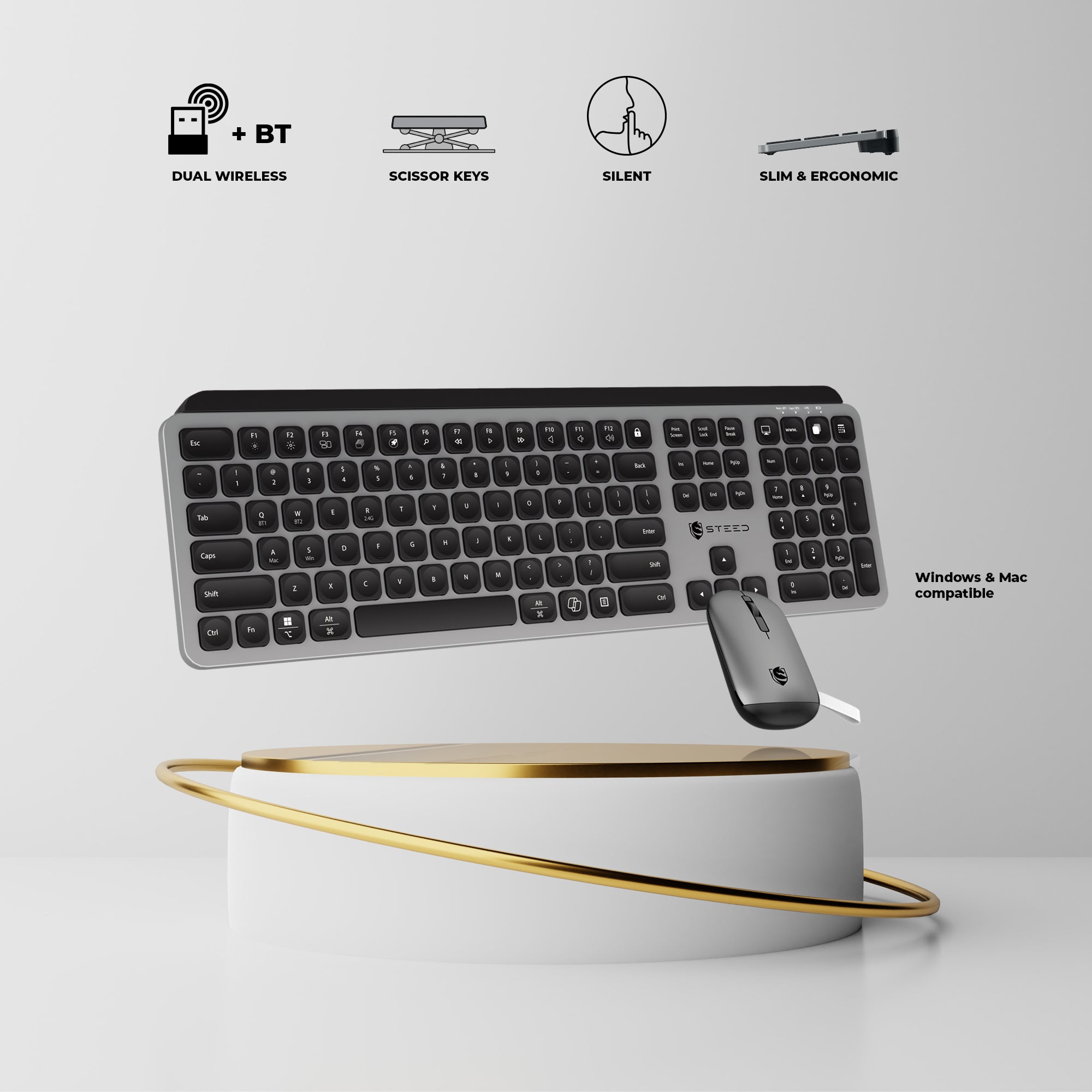
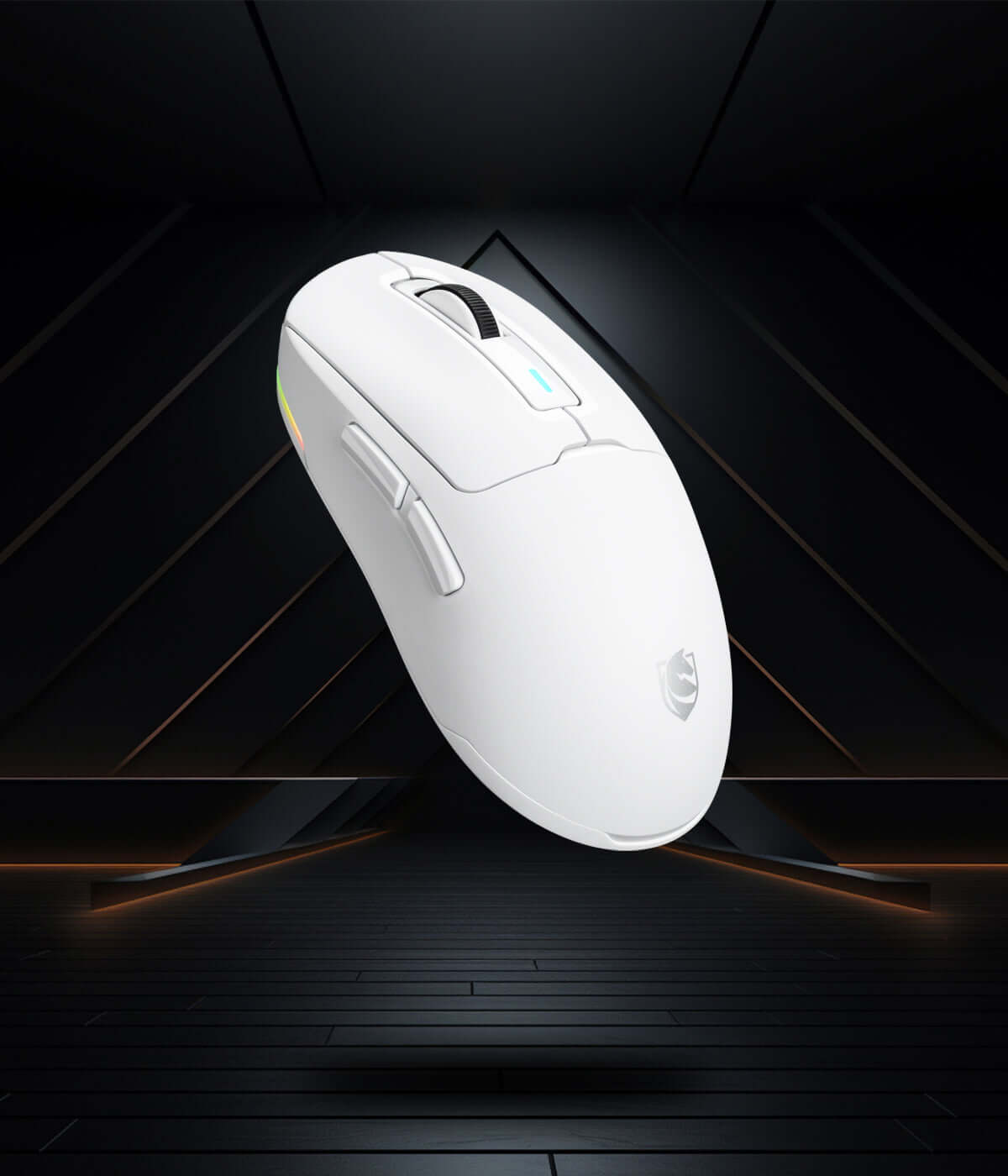
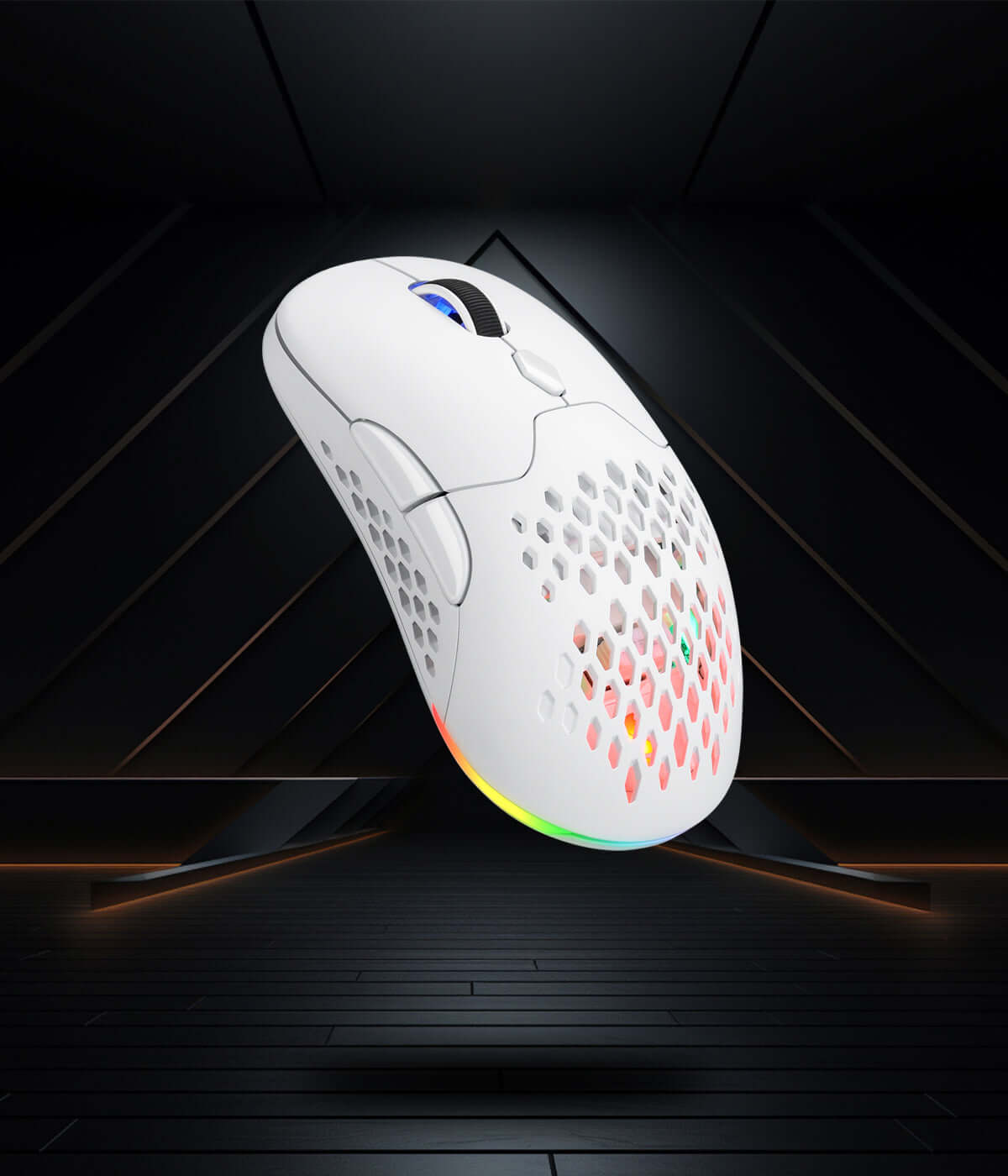
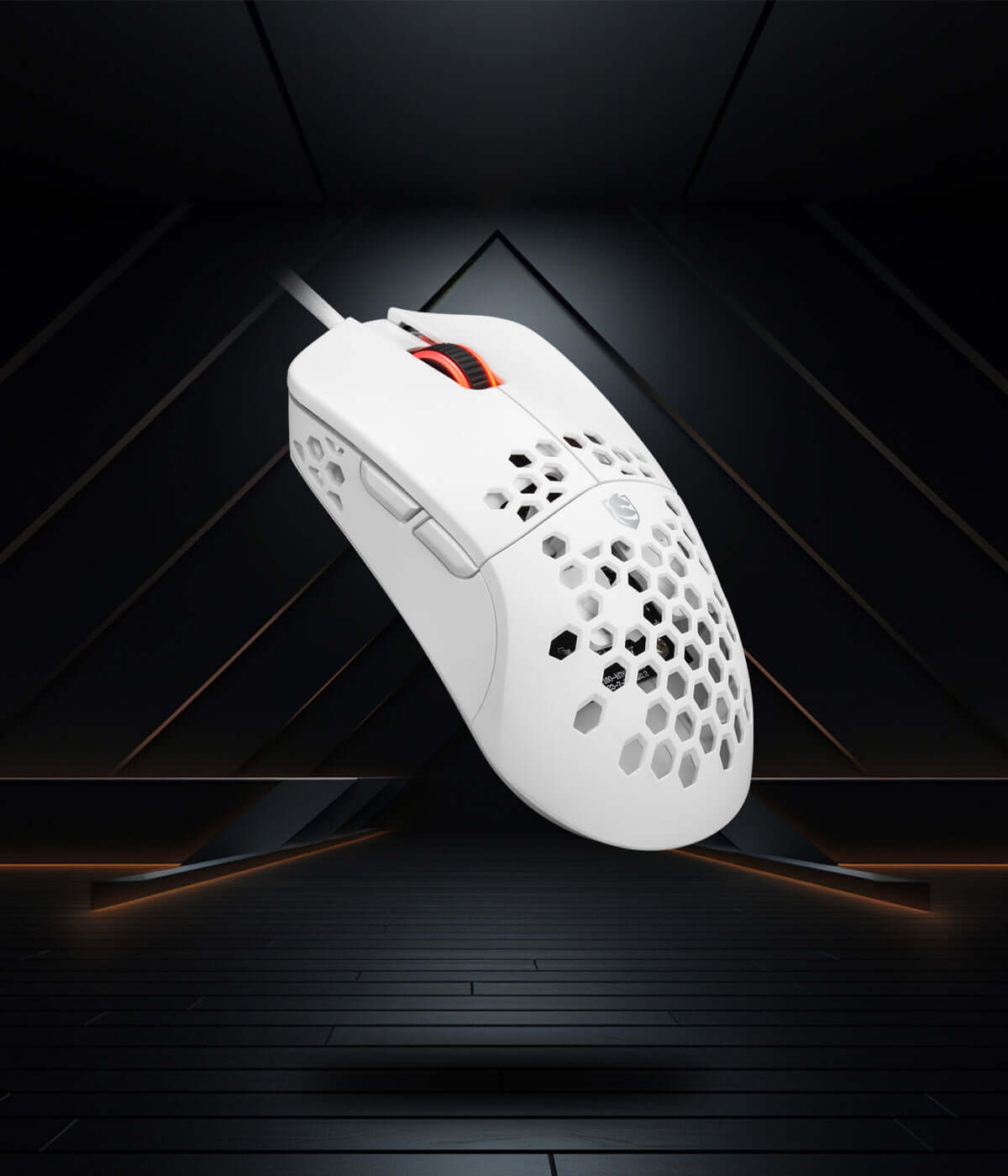
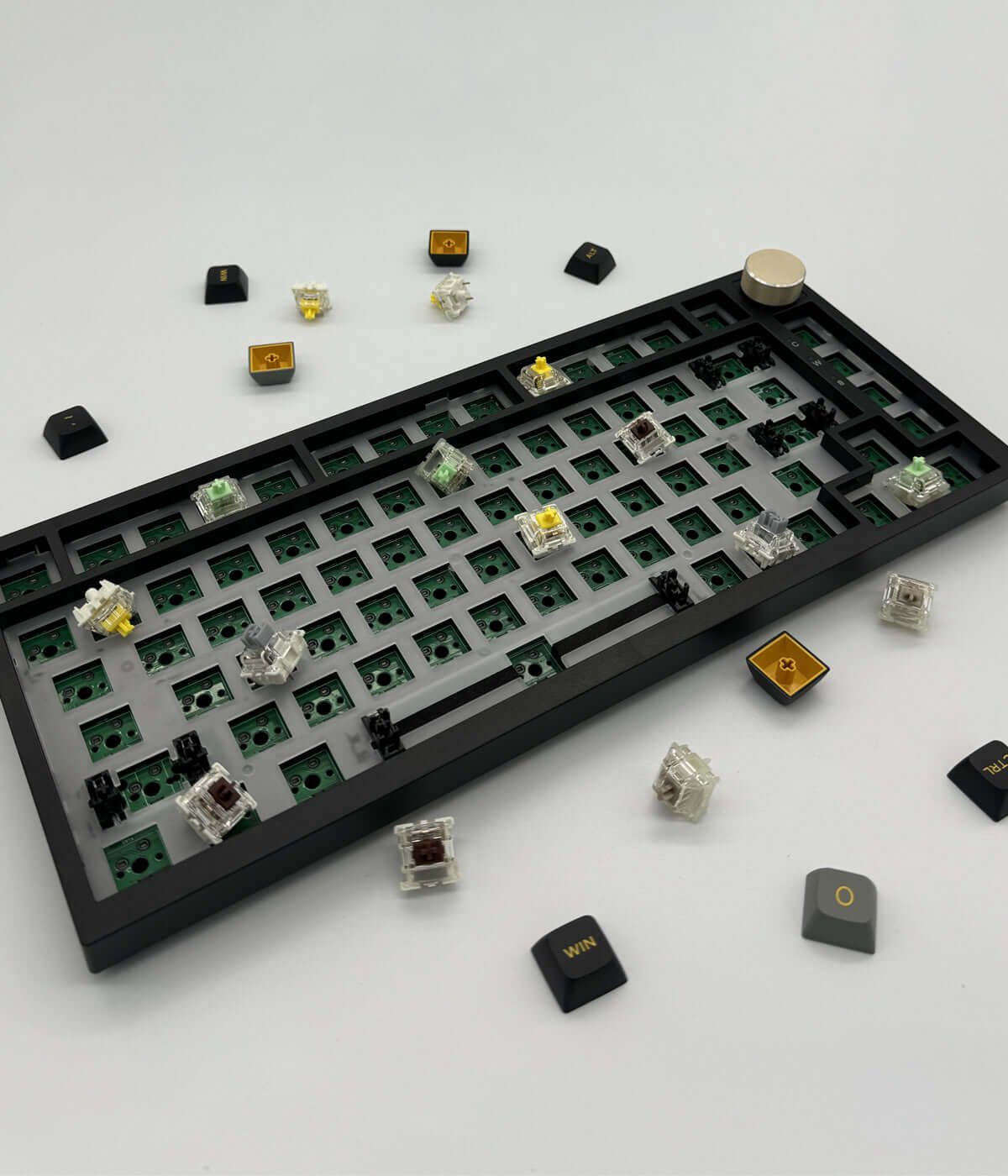
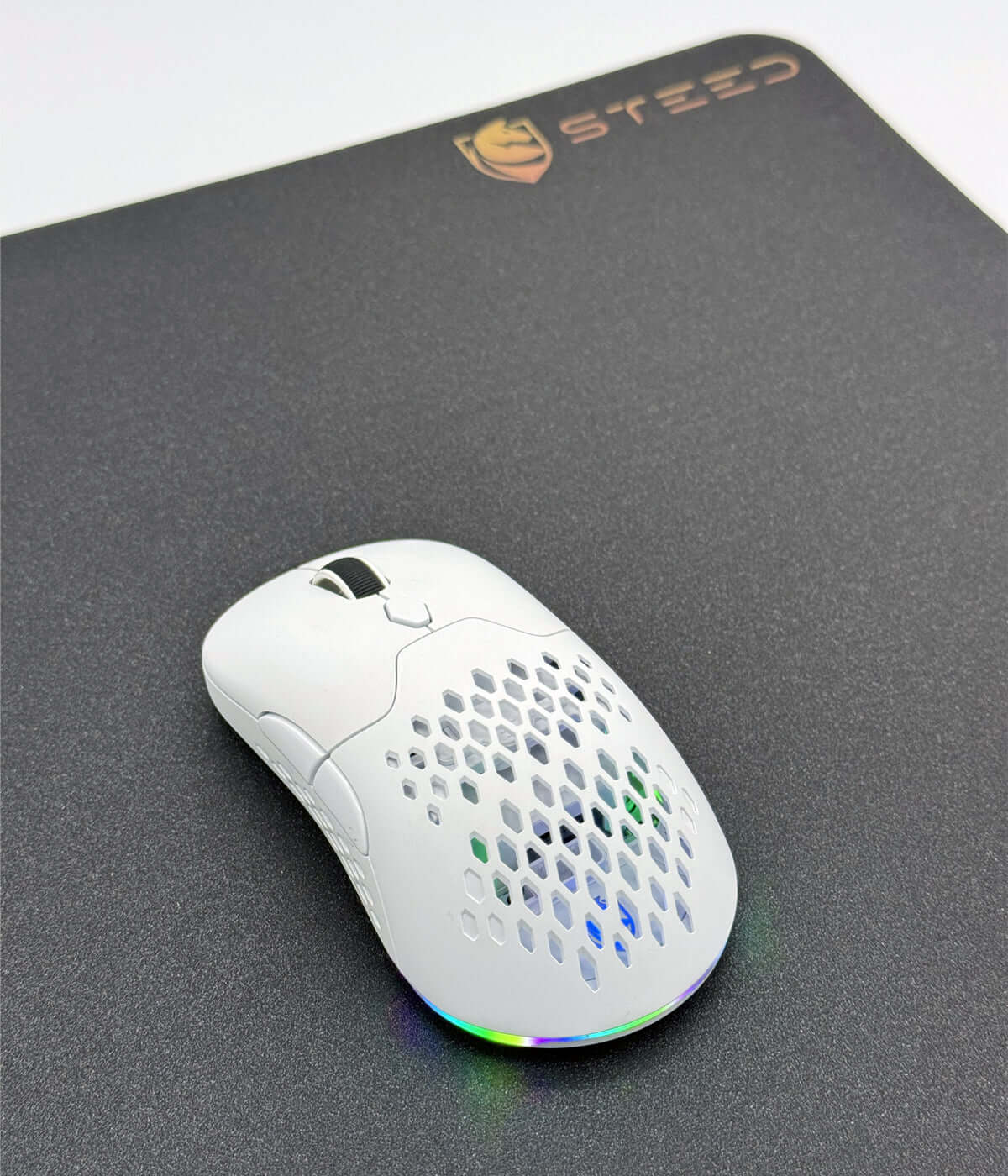
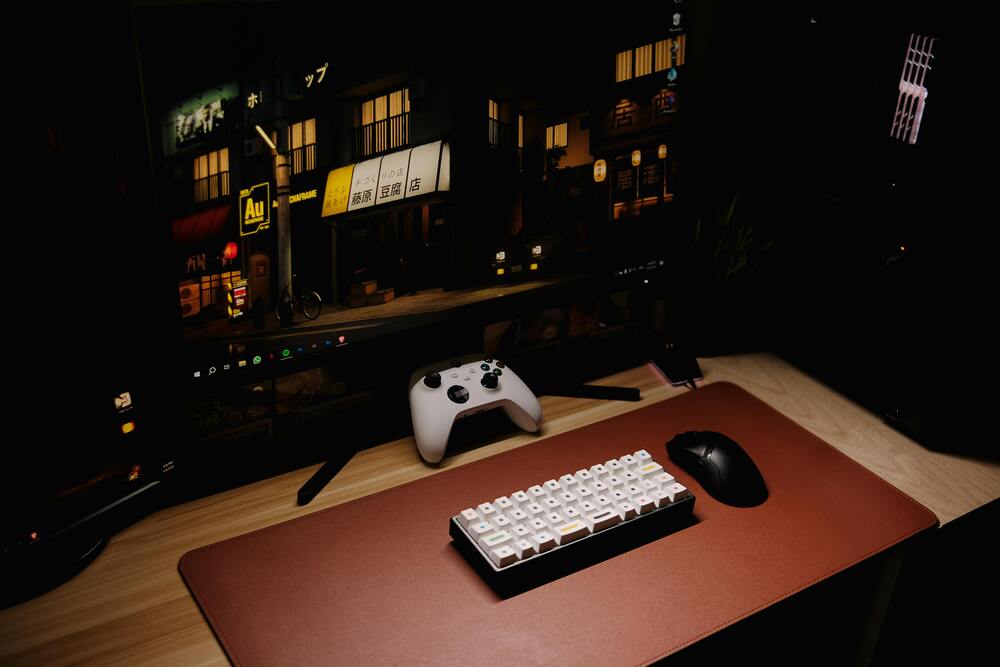


Leave a comment
This site is protected by hCaptcha and the hCaptcha Privacy Policy and Terms of Service apply.